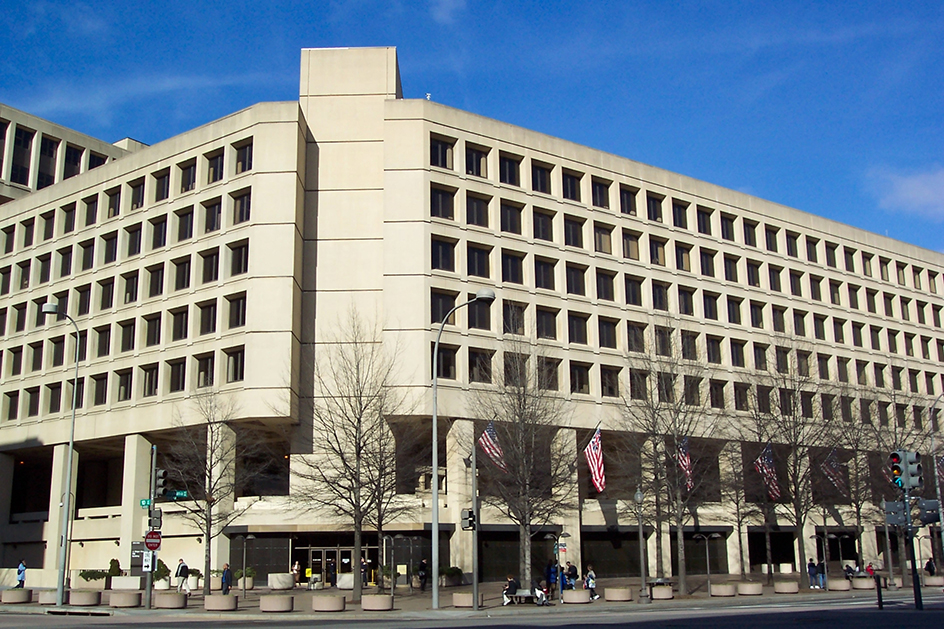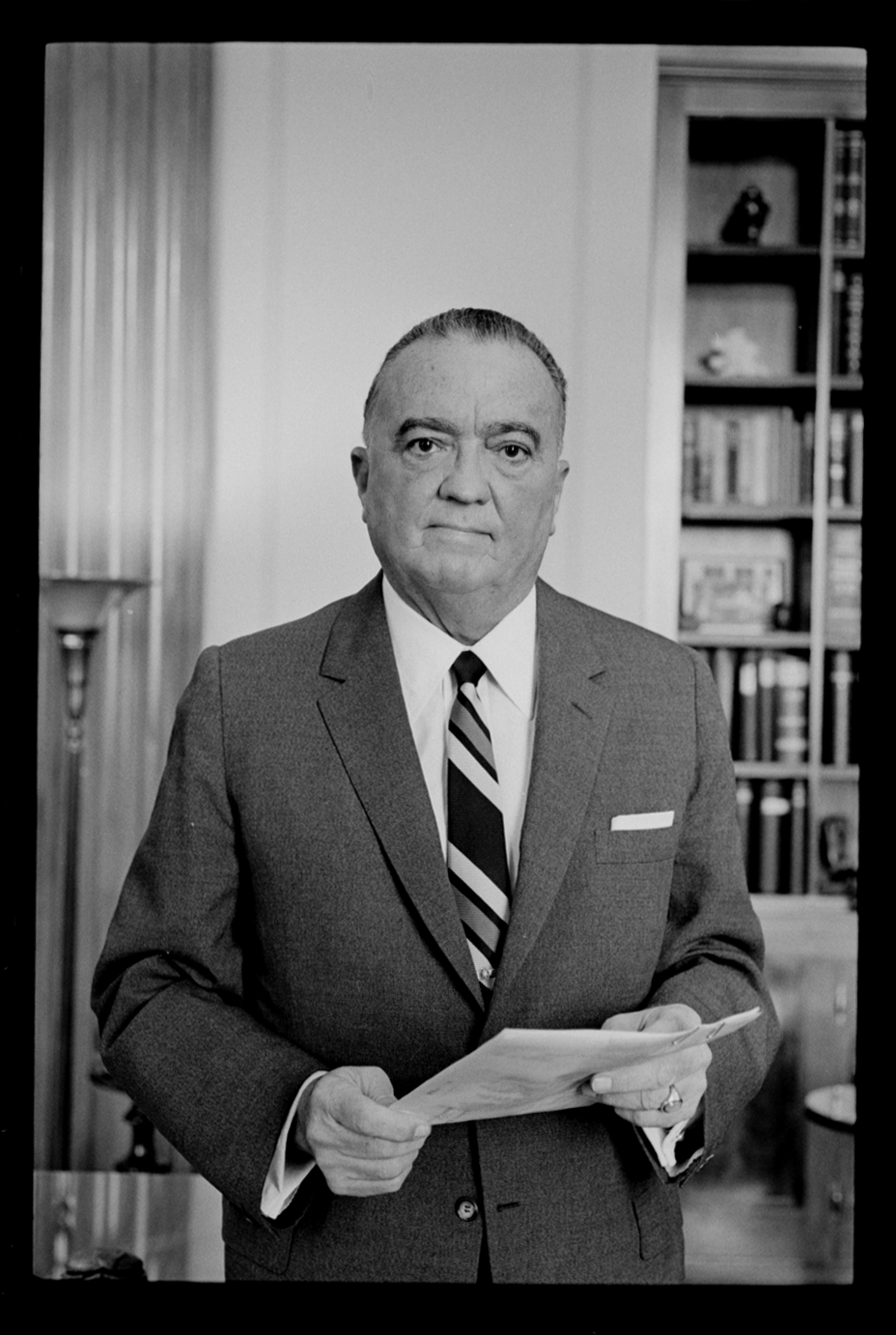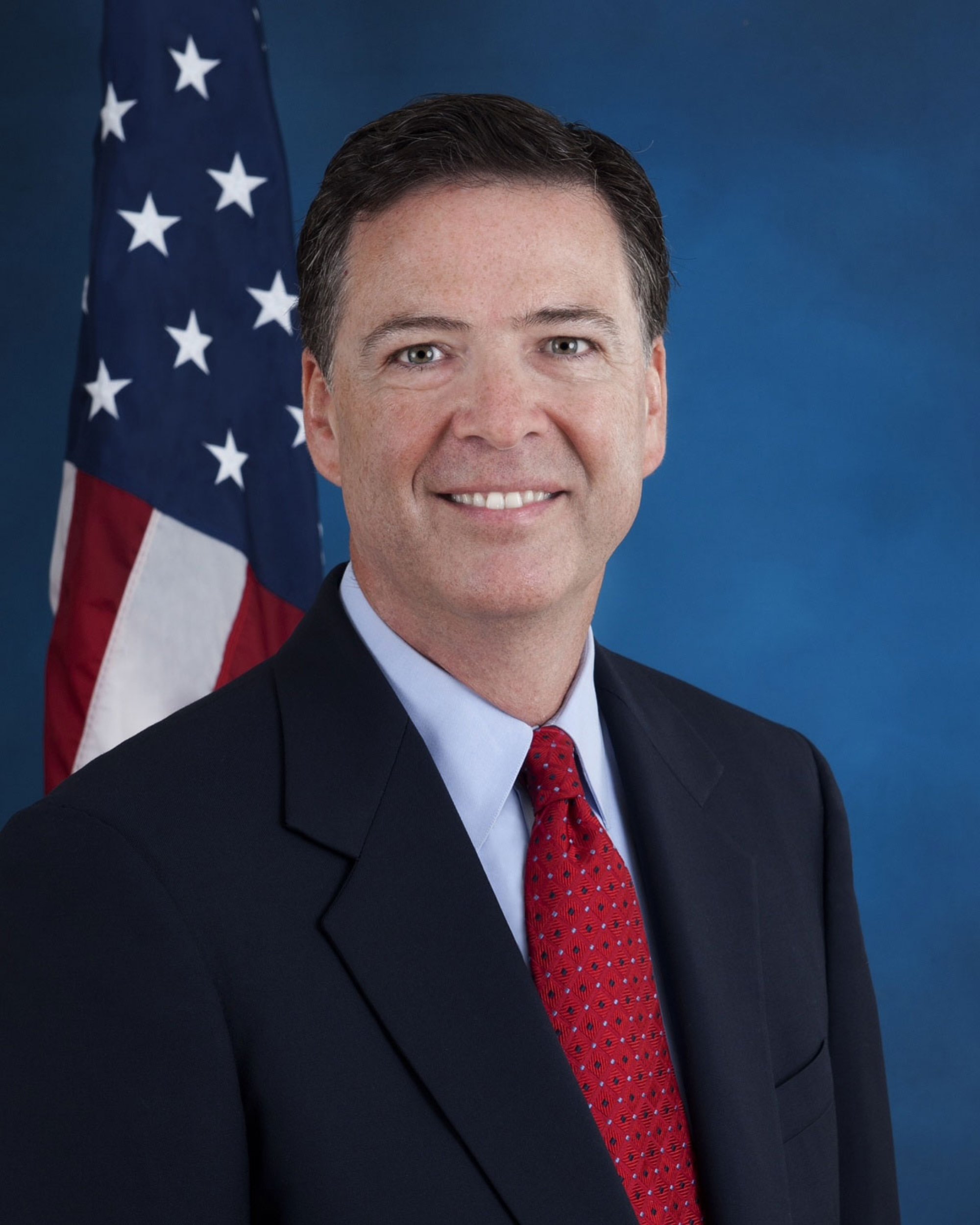Federal Bureau of Investigation (FBI) is the primary investigating branch of the United States Department of Justice. The FBI investigates a wide variety of crimes that deal with the safety and security of the United States and its citizens. It also gathers intelligence (information) about individuals and groups that it considers dangerous to national security. The prevention of terrorism is a central goal of the FBI. In addition, the FBI collects evidence in lawsuits that involve the federal government. Bureau investigators are called special agents.

Laws passed by the U.S. Congress provide the basic framework for many of the FBI’s powers and procedures. A director supervises the FBI from headquarters in Washington, D.C. The director is appointed by the president with the approval of the Senate. The FBI has about 55 field offices in the United States and Puerto Rico. It also has about 60 posts in other countries.
FBI operations
Criminal investigation.
The FBI investigates federal crimes. Such crimes include assault on the president, bank robbery, bombing, hijacking, and kidnapping. It handles cases involving stolen money, property, or vehicles that have been taken from one state to another. The bureau fights organized crime groups. It investigates financial crimes, such as counterfeiting and check fraud. The FBI investigates computer-related crimes involving criminal acts and national security issues. At the request of state or local authorities, the FBI helps capture fleeing criminals. The FBI also examines violations of civil rights laws and violations of laws concerning toxic wastes. In addition, it works with the federal Drug Enforcement Administration to investigate violations of criminal drug laws. The Federal Bureau of Investigation website at http://www.fbi.gov presents additional information on the bureau’s activities.
The FBI has several programs that specialize in handling investigations of specific crimes. In all criminal investigations, the FBI presents its findings to the Justice Department. The Justice Department determines whether to prosecute.
Intelligence operations
of the FBI consist of gathering information about activities that may be dangerous to national security. These operations include the investigation of terrorist groups and spy activities. The FBI also investigates treason and threats to overthrow the government. The FBI is responsible for detecting and counteracting foreign intelligence operations that seek to gather sensitive information about the United States. The FBI reports to the president, Congress, or the Justice Department for action.
Other services.
The FBI provides various services to law enforcement agencies throughout the United States and in other countries. Such agencies may request help from the FBI Criminal Justice Information Services Division (CJIS) or the FBI Laboratory. The bureau also trains selected police officials.
CJIS has the world’s largest fingerprint collections. Its files contain prints of both criminals and civilians. CJIS also maintains the National Crime Information Center. The center stores records on criminal suspects and stolen property. The FBI Laboratory is widely regarded as one of the world’s finest crime laboratories. FBI scientists examine evidence there and often testify in court.
The FBI issues an annual publication called Crime in the United States. It includes a record of rates and trends in major crimes. The bureau also distributes descriptions of its Ten Most Wanted Fugitives. The FBI Academy in Quantico, Virginia, provides training in advanced methods of fighting crime.
FBI agents
Men and women who wish to be special agents must be U.S. citizens. They must be between 23 and 37 years old and in excellent physical condition. They must also have a college degree. Future agents go through a 17-week training program at the FBI Academy. They study crime detection, evidence, constitutional and criminal law, and methods of investigation. They also learn self-defense and how to use firearms. Agents later receive periodic refresher training to keep them up to date.
History
In 1908, Attorney General Charles J. Bonaparte organized a group of special investigators in the Justice Department. This group, called the Bureau of Investigation, investigated such offenses as illegal business practices and land sales. Its first director was Stanley W. Finch, an attorney. J. Edgar Hoover, a Justice Department lawyer, became director of the bureau in 1924. He headed it until his death in 1972. Congress gave the bureau its present name in 1935.

A wave of bank robberies, kidnappings, and other violent crimes broke out in the United States during the 1930’s. Congress passed laws giving the FBI increased authority to combat this lawlessness. FBI agents became admired for tracking down such gangsters as John Dillinger and George “Machine Gun” Kelly. The agents were nicknamed G-Men, or Government Men.
During World War II (1939-1945), the FBI broke up enemy spy rings in the United States. In the 1950’s and 1960’s, special agents arrested Communist spies who had stolen secret atomic and military information. The bureau also investigated protest organizations in the 1960’s and early 1970’s. Clarence M. Kelley, a former special agent, became director of the FBI in 1973.
In 1975, a Senate committee reported that the FBI had acted illegally or improperly in a number of cases. The committee revealed that FBI agents had committed burglaries. It had also spied illegally on U.S. citizens during some domestic security investigations. The Senate investigators also charged that Hoover had given certain presidents damaging personal information about their political opponents. The Justice Department set up guidelines to prevent further abuses.
In 1976, Congress limited the term of the FBI director to 10 years. William H. Webster, a federal judge, became director of the bureau in 1978. In 1987, William S. Sessions, also a federal judge, became head of the FBI. In 1993, the Justice Department accused Sessions of taking personal trips at government expense and of other unethical conduct. President Bill Clinton dismissed him. Louis J. Freeh, a federal judge and former FBI agent, became the agency’s director.
In 2001, the FBI arrested one of its own agents for providing classified information to Russia. He confessed and was convicted. Later that year, the FBI revealed that agents had mishandled documents relating to the 1995 terrorist bombing of a federal building in Oklahoma City. Freeh stepped down as director in 2001. Robert S. Mueller III, a Justice Department lawyer, succeeded him. Mueller served through 2013, after Congress approved extending his term two years past the 10-year limit. James B. Comey, a former federal prosecutor, then succeeded Mueller. Comey was dismissed from his post by President Donald Trump in 2017. Christopher Wray, a former federal prosecutor, succeeded Comey later in 2017. 
On Sept. 11, 2001, terrorists crashed hijacked airplanes into the World Trade Center in New York City and into the Pentagon Building near Washington, D.C. A fourth hijacked plane crashed in Pennsylvania. Following the attacks, the FBI launched a widespread campaign to identify members of terrorist groups and to prevent future terrorist acts. The antiterrorist effort is believed to be the largest investigation in the FBI’s history. See September 11 terrorist attacks.
The FBI and other government agencies received criticism for failing to detect the terrorists’ activity in the months leading up to the September 11 attacks. In 2002, Mueller announced plans to reorganize the FBI with an increased focus on the prevention of terrorism. The plans included hiring hundreds of new agents. The U.S. government also established a Joint Terrorism Task Force at FBI headquarters.
In 2004, Congress passed the Intelligence Reform and Terrorism Prevention Act. The act included numerous antiterrorism measures that affected the FBI. The act established the Office of the Director of National Intelligence to oversee the intelligence-gathering operations of various agencies. The act also set guidelines for improved cooperation between the FBI and other intelligence and law enforcement agencies.
The U.S. government introduced additional reforms in 2005. The reforms included the creation of a new organization called the National Security Branch within the FBI. The National Security Branch is responsible for intelligence operations within the United States.
